A few months ago a resident of Brazil had more than USD 34,000 in bitcoin (BTC) stolen from his Binance account. But far from claiming against the platform, he filed a lawsuit against Claro, alleging that his chip was cloned.
The case, which was reported by the Brazilian magazine LiveCoins, began in December last year when suddenly the Claro mobile line of the victim's cell phone stopped working. When this happened, the man complained to the customer service department. After a few days, he was given a new phone number in a physical store of the company.
According to the investigation, a large part of the funds were mobilized to other blockchains to finance a couple of projects in pre-launch phase, mainly two, Equilibrium and Minosis Token.
But just when everything seemed to have settled, he realized something unexpected. The bitcoins he had in his Binance account were gone. He noticed that someone with a mobile device located in the city of Sao Paulo had cloned his chip and withdrawn all his funds from the cryptocurrency platform, which were more than USD 34,000 in BTC.
He explains that his chip was cloned, enabled on another device and used to steal his bitcoins. He indicates that the hacker was able to access his Binance account through SMS password recovery enabled by the platform.
This type of scam is known as SIM swapping or chip duplication. It consists of someone making a duplicate SIM card of the cell phone to receive the code sent by the platforms by SMS to confirm a transaction. In this way, the fraudster can enter your personal accounts and withdraw your money.
Faced with this situation, the user sued Claro in the Federal District Court of Justice in Brazil. He alleges that there was a failure in the provision of the service that caused great damage to the bitcoin investor. He asked the company to reimburse him USD 10,000 for moral damages.
In response to the lawsuit, Claro denied the request claiming that it is not at fault for the fraud that occurred at Binance and asked to be excluded from the proceedings. However, the court judge disagreed with the company's statements and asked it to prove that it is not responsible for the failure to provide the service.
Thus, the case is still open. Claro will have to prove that it did not facilitate the fraud, while Binance has not received any claims from the affected party. Although during the last year other users in Latin America, such as Colombia and Venezuela, have initiated legal action against the platform for different bitcoin losses reported by CriptoNoticias.
This situation demonstrates the importance that cryptocurrency holders and traders should give to the security measures of their funds. As explained in Cryptopedia, it is always advisable to store cryptocurrencies in self-custody wallets outside exchanges to avoid situations like these.
[link] [comments]

You can get bonuses upto $100 FREE BONUS when you:
💰 Install these recommended apps:
💲 SocialGood - 100% Crypto Back on Everyday Shopping
💲 xPortal - The DeFi For The Next Billion
💲 CryptoTab Browser - Lightweight, fast, and ready to mine!
💰 Register on these recommended exchanges:
🟡 Binance🟡 Bitfinex🟡 Bitmart🟡 Bittrex🟡 Bitget
🟡 CoinEx🟡 Crypto.com🟡 Gate.io🟡 Huobi🟡 Kucoin.








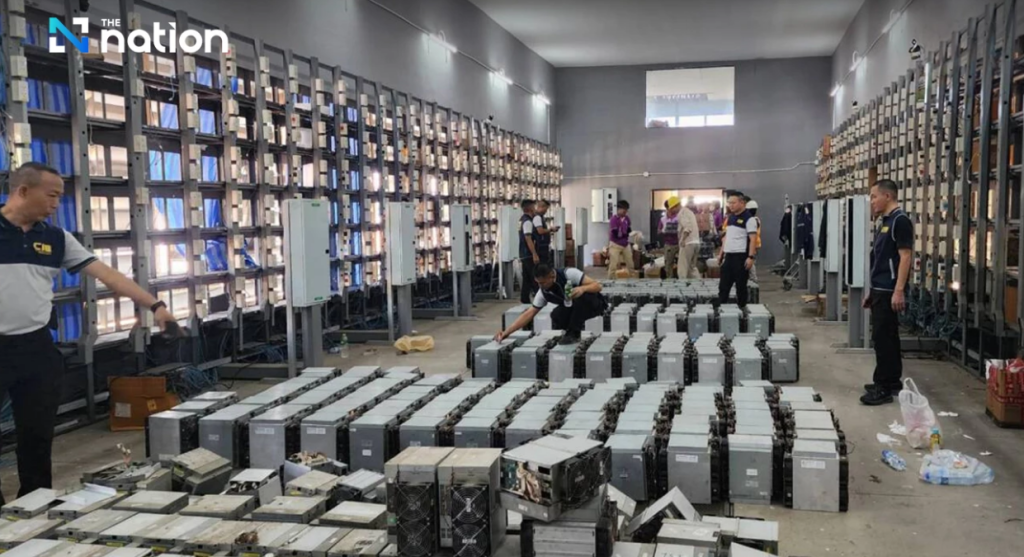



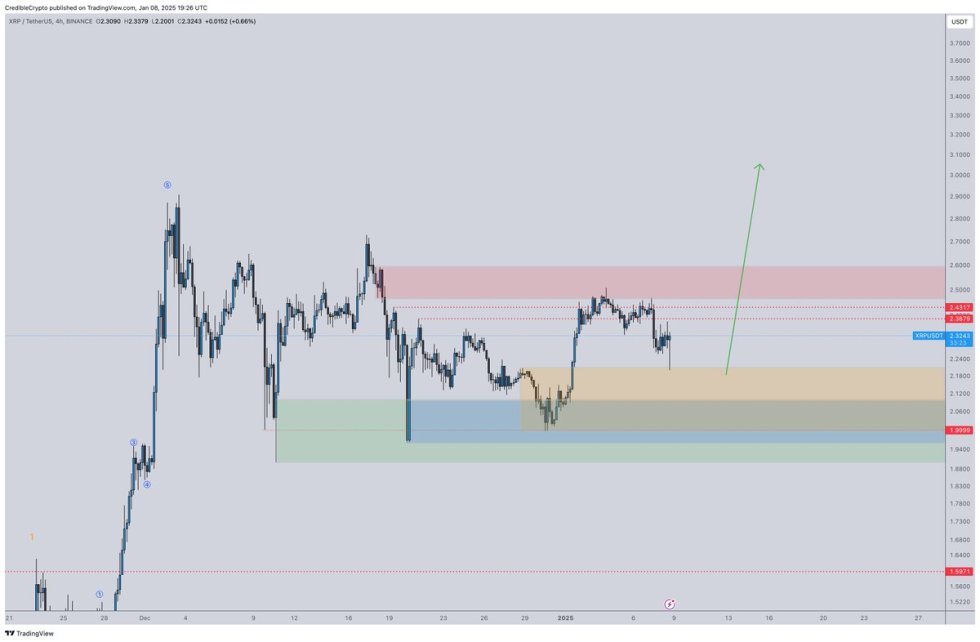



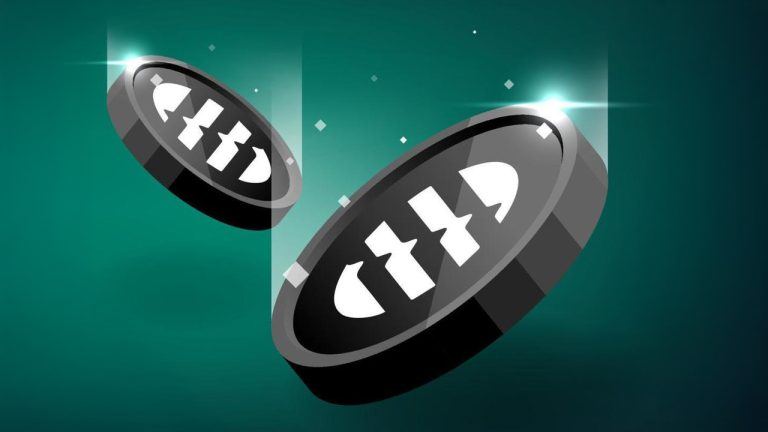
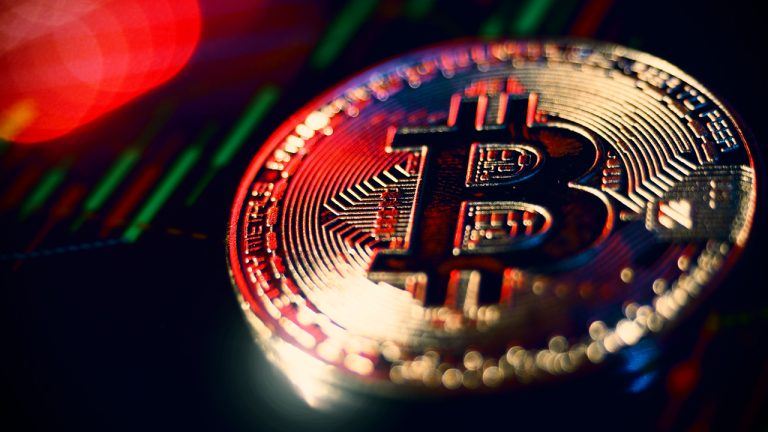
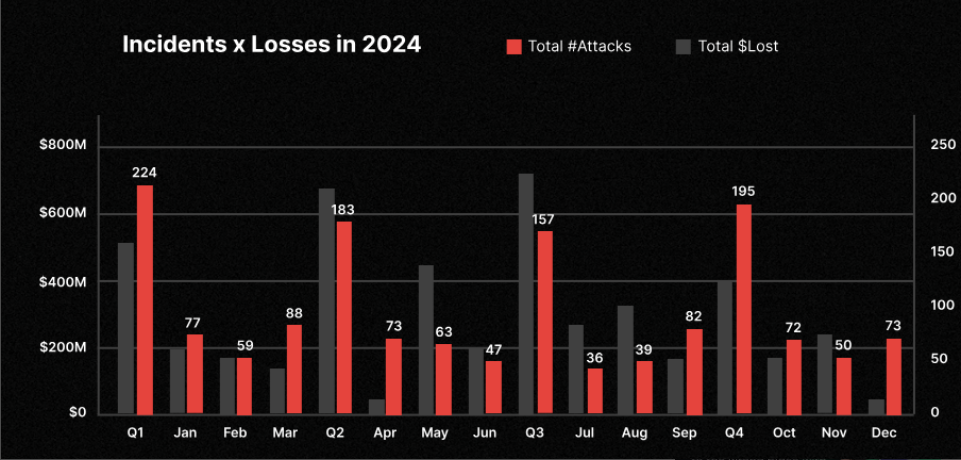

Comments